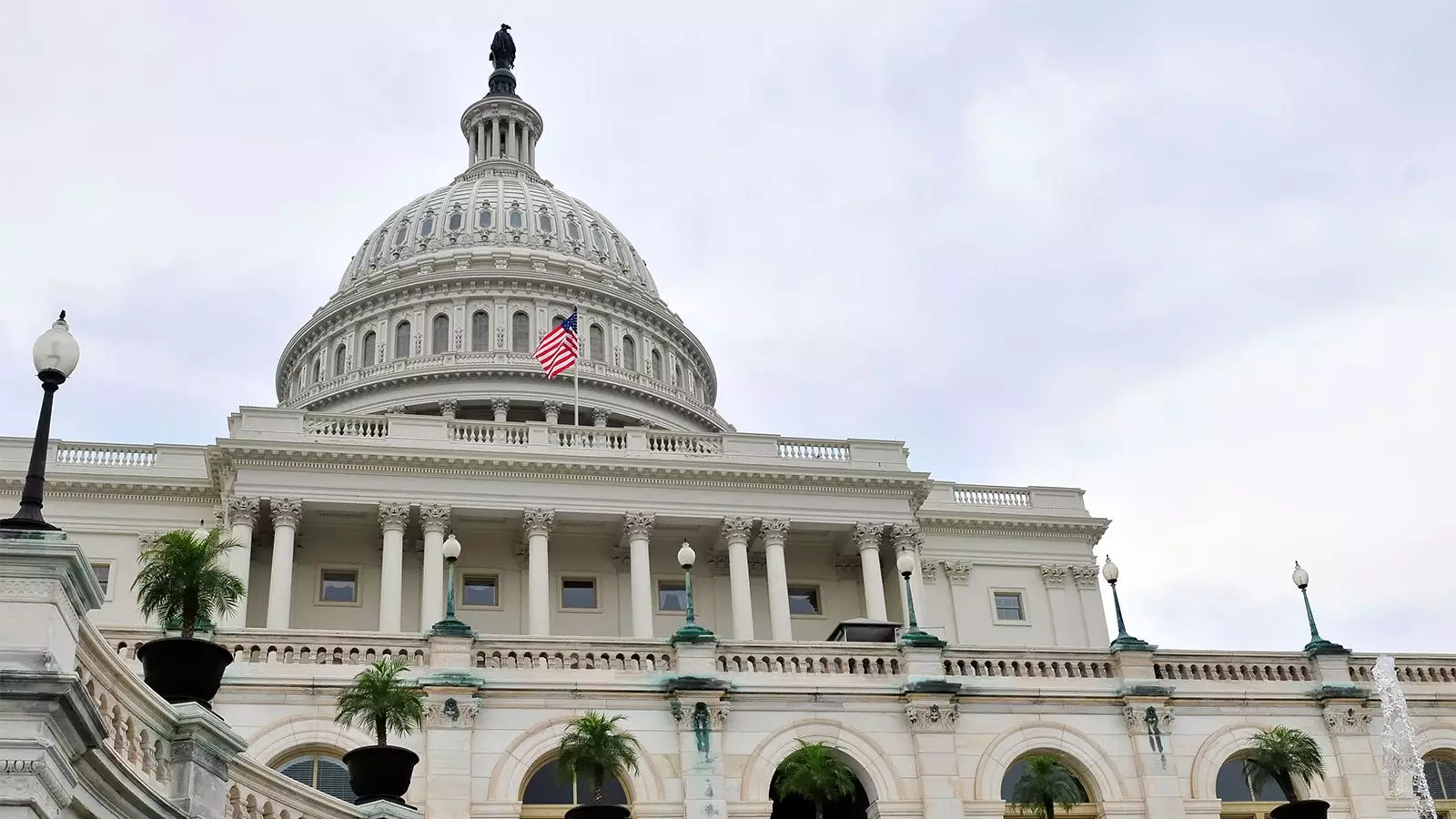The recently released proposed Medicare fee schedule for physicians and healthcare professionals in 2025 has caused quite a stir in the medical community. It is evident that the Medicare “conversion factor” (CF) is set to be lower than it has been in decades. This reduction in the CF means that many healthcare professionals who serve Medicare patients will face even lower reimbursement rates than before. In fact, the proposed 2025 CF is so low that it harks back to the rates seen in 1993, a time when the cost of living was significantly lower than it is today.
Calculating the Proposed CF for 2025
To understand how CMS arrived at this proposed CF for 2025, we need to delve into the intricacies of the calculation process. CMS starts by taking the current year CF and subtracting the financial support allocated by Congress for 2024, which expires at the end of the year. Most of the reduction in the CF for 2025 stems from the absence of this support. Additionally, Congress specifies a 0% adjustment for the CF in 2025, continuing the trend that has been in place since 2020. Unlike other fee schedules, there is no standard annual inflation adjustment for Medicare providers. Furthermore, to adhere to a law passed over 30 years ago, CMS must apply a “budget neutrality adjustment” to ensure that the projected cost of changes does not exceed $20 million in a year. While the adjustment for 2025 is only -0.05%, the impact on certain specialties, such as interventional radiology (IR), can be significant.
The challenges presented by the proposed Medicare fee schedule for 2025 are not solely within the purview of CMS. Many of the issues stem from statutory regulations set by Congress, which limit the ability of CMS to adjust the CF to keep pace with inflation. As the cost of supplies, rent, and staff continues to climb, the stagnant CF is unable to meet the rising expenses faced by healthcare providers. The decline in Medicare physician payment when adjusted for inflation from 2001 to 2024 is alarming, indicating a trend that is unsustainable in the long run. Moreover, inadequate pay rates contribute to physician burnout, further exacerbating the healthcare system’s challenges.
There is a pressing need for Congress to address the shortcomings in the Medicare fee schedule to ensure the sustainability of the healthcare system. Bills such as H.R. 2474 and H.R. 6371 have been introduced to tackle these issues, showing an awareness of the importance of addressing Medicare reimbursement concerns. The establishment of a bipartisan working group by the Senate Finance Committee signifies a step in the right direction towards finding viable solutions to the challenges faced by healthcare providers. It is crucial for Congress to recognize the critical role that Medicare plays in providing essential care to patients and take action to safeguard its integrity.
As the proposed Medicare fee schedule for physicians in 2025 looms large, it is imperative for stakeholders to advocate for fair reimbursement rates that reflect the current healthcare landscape. By addressing the outdated budget neutrality adjustments and ensuring that the CF keeps pace with inflation, Congress can play a pivotal role in supporting healthcare providers and improving patient access to care. It is time for decisive action to safeguard the future of the Medicare system and ensure that healthcare professionals can continue to deliver high-quality care to those in need.


Leave a Reply